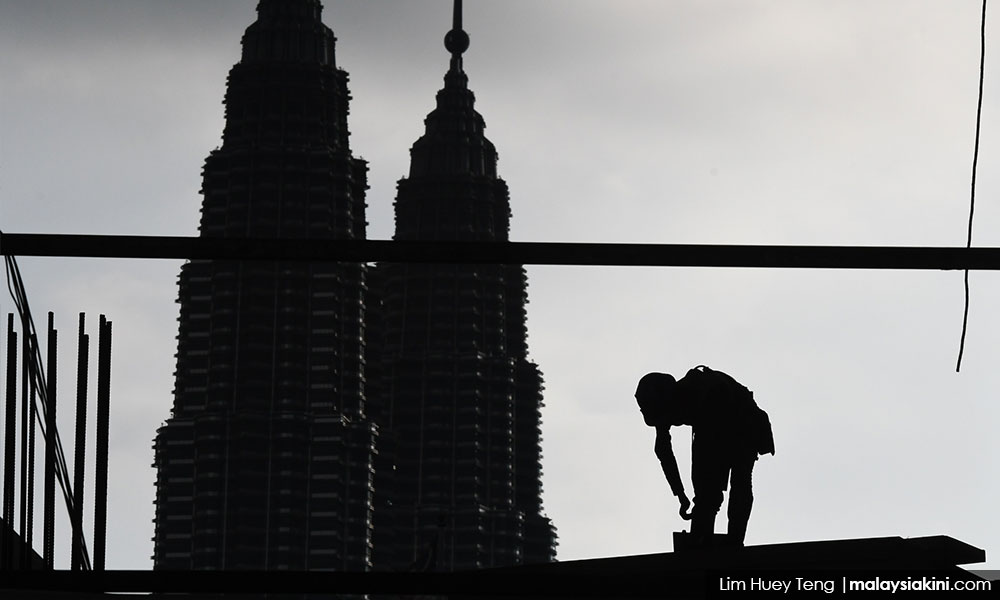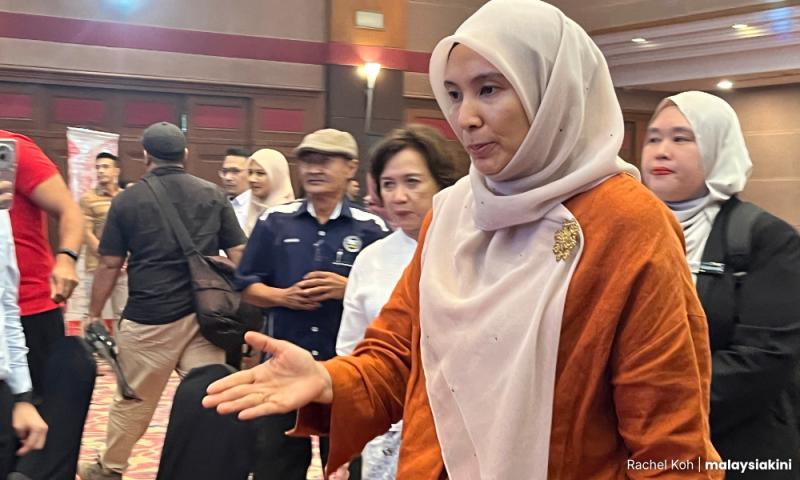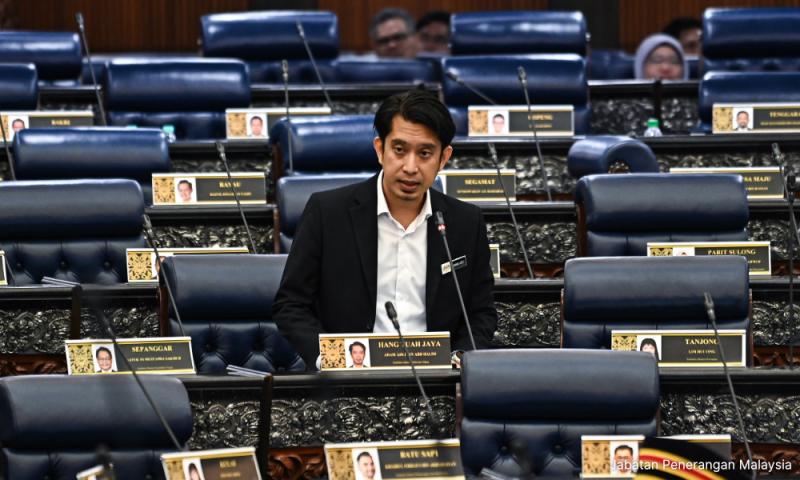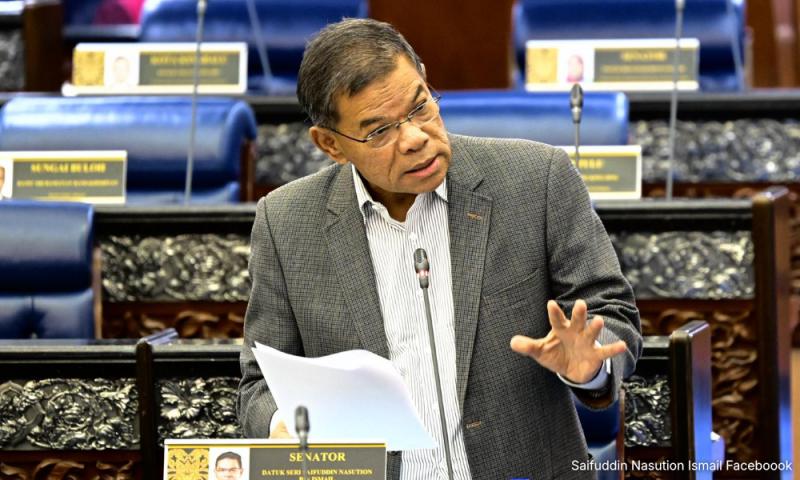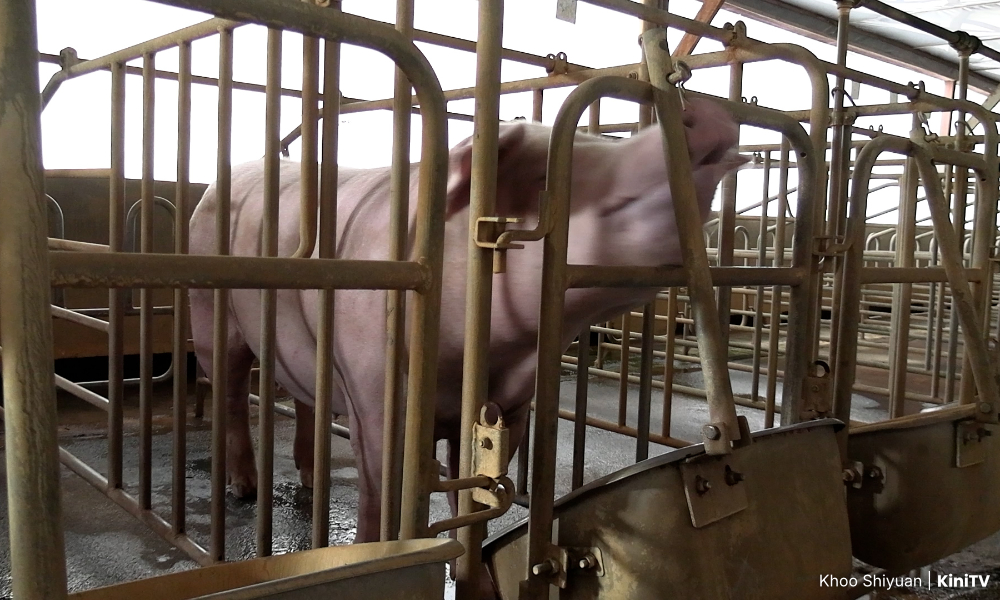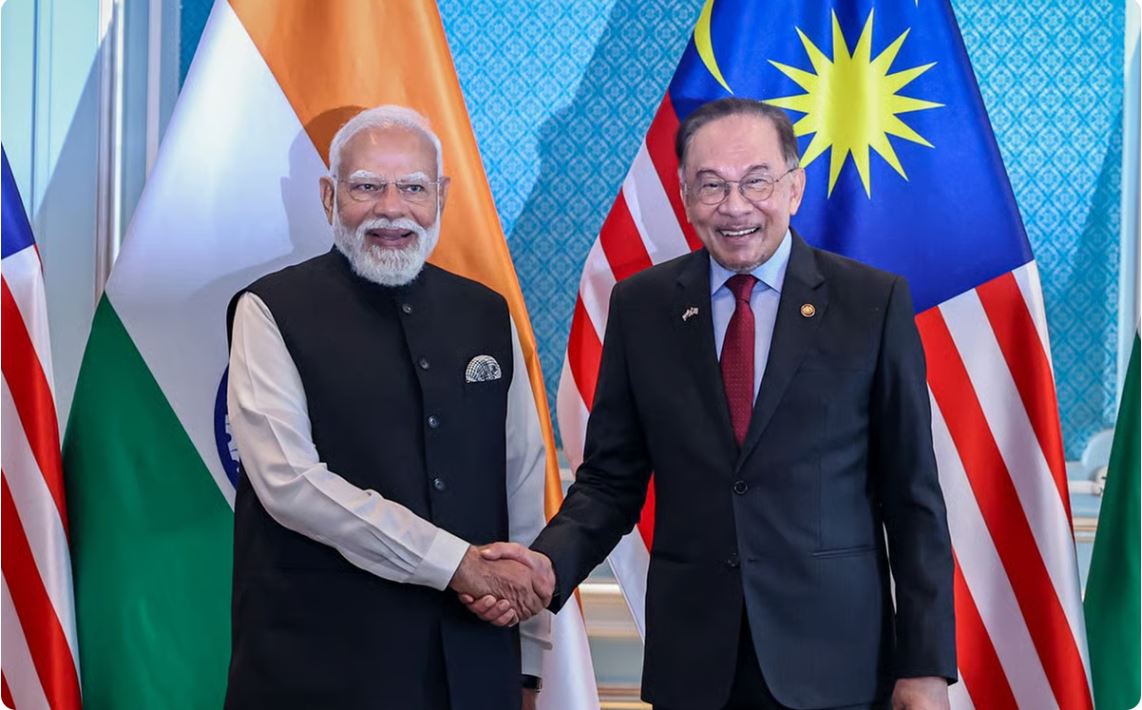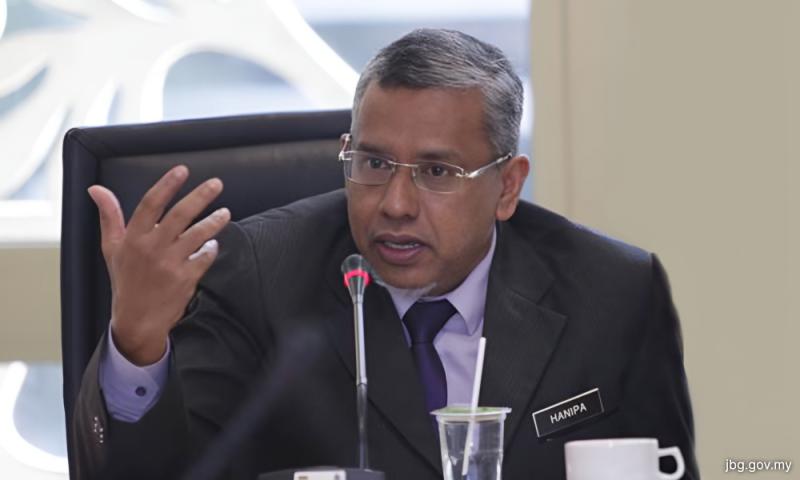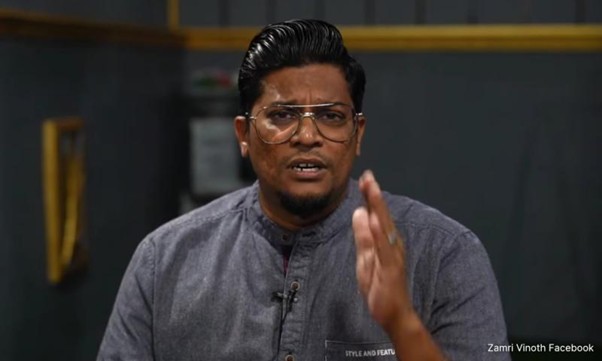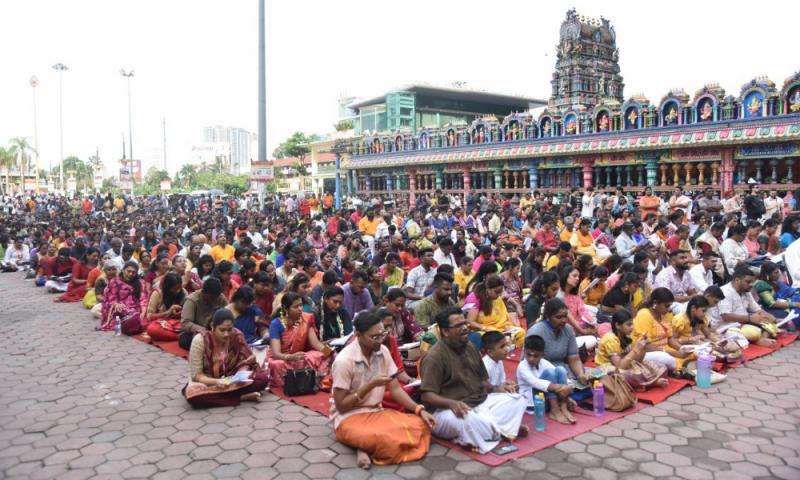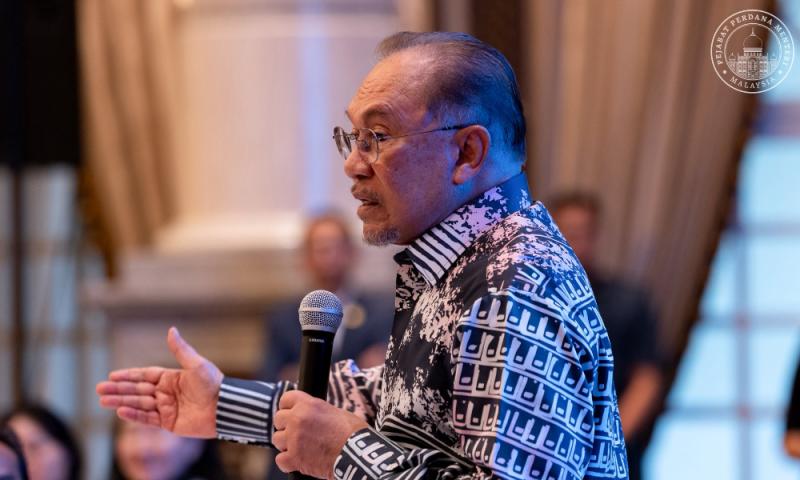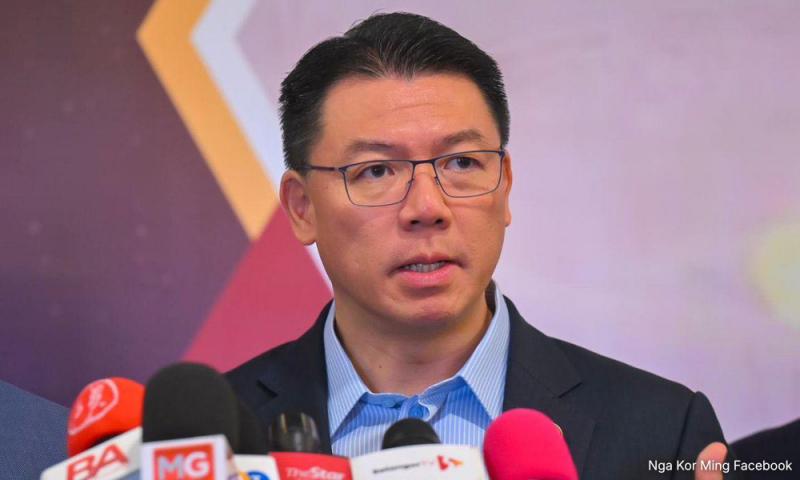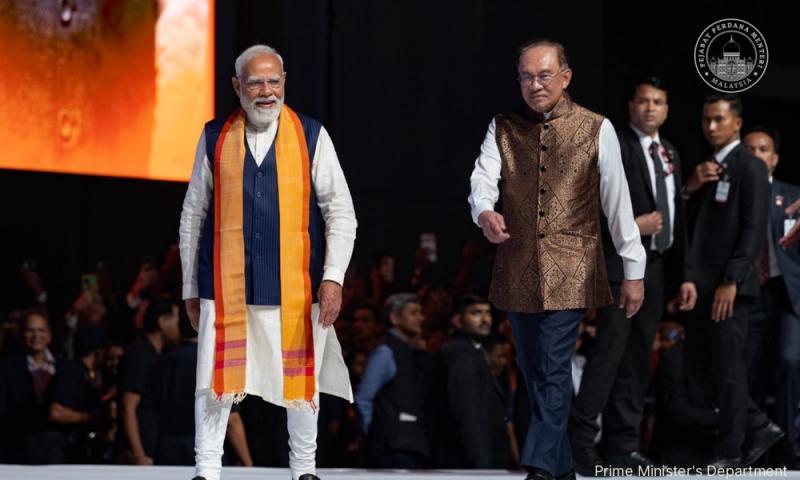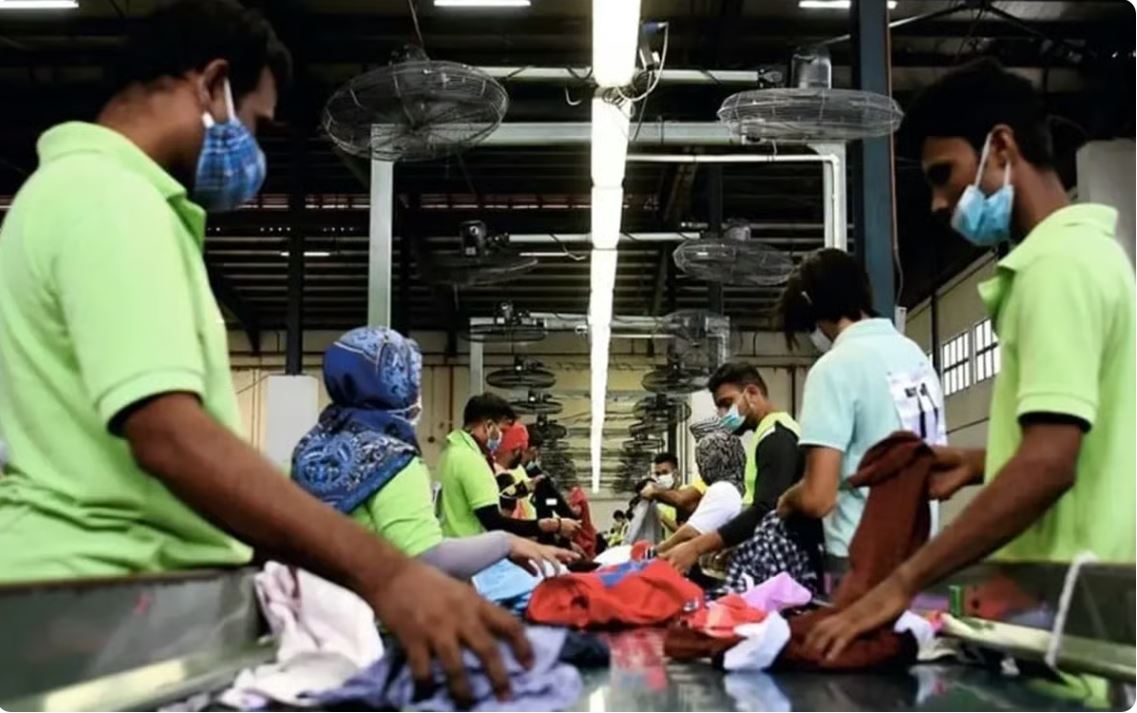Yoursay: Wean Malaysia off cheap foreign labour
Deal to bring in 1.5m Bangladeshi workers under review – minister
Ketil Sd: If Malaysia truly aspires to be a developed nation, it must wean itself off cheap, unskilled foreign workers.
For starters, unskilled foreign workers depress the salary of Malaysian workers. With the constant and abundant supplies of unskilled foreign workers, employers have no need to increase the wages of Malaysian workers. A depressed wage disincentivises our youth to work.
Another compelling case for unskilled foreign workers is that our industries need them. This is no doubt the case given the current levels of our industries.
But to become a developed nation, our productivity must rise so that income for Malaysians can also rise.
By weaning our industries off unskilled foreign workers, say, over a 10-year period or longer, it gives our industry the opportunity to replace labour with capital (automation), hence improving the labour efficiency per capita.
With improved efficiency, employers can then afford to pay our local workers better. Hong Kong and Singapore once depended on labour-intensive manufacturing. But as labour costs rose, the businesspeople changed their business models.
Malaysian businesspeople must be similarly forced to adapt to more innovative business models as labour costs rise. But it will require leadership from our government to make this happen.
With the talented corp of the new Pakatan Harapan ministers, I’m hopeful the final elimination of unskilled foreign workers from our economy is achievable.
Vent: To Human Resources Minister M Kulasegaran – you may only have been on the job for four days but barring anything untoward, you will be in it for five years at least.
You have already had the benefit of some good suggestions and ideas here to free us from our overdependence on foreign workers.
Regulating intake sans middlemen should be given serious attention and perhaps rewarding employers who prioritise locals, and yes, re-employing retirees and senior citizens in some occupations.
But it is first imperative to revisit the minimum wage policy because much of the above depends on it. Former human resources minister Richard Riot has been running “riot” over it since 2016.
It is easy for unscrupulous businesspersons to dismiss locals as lazy and thus continue to recruit exploitative labour without a “proper” and comprehensive study on a minimum wage for both East and West Malaysia that does away with the disparity between both regions, satisfies complaints vis-a-vis basic living standards and dignifies the perception of “dirty work” as essential work that deserves to receive commensurate remuneration.
The new government is already pushing the envelope with a basic Employees Provident Fund (EFP) payment for housewives.
So in the new climate of reaching out to help the working class, the National Wages Consultative Council can be revived under the new management and work without duress from vested interests, as I’m certain you, the minister, will ensure.
Hplooi: The foreign workers conundrum is a decades-old issue (I would say at least three decades). It feeds a growing industry of vested interests, human trafficking, and rent-seekers who leech off the labour licensing procedure.
There was no political will to address this issue. Most egregiously, it depresses local wages, stifles local innovation and turns local labour away from blue-collar skills.
A case in point is the construction industry. Australia rigorously regulates workers. A skilled plumber, electrician or master bricklayer can earn as much, or more, than an engineer. But this should be the model we should follow.
Foreign workers should move back within the purview of the Human Resources Ministry, not the Home Ministry.
The Human Resources Ministry must now work with the Economic Affairs Ministry on how to move our industry forward.
The Federation of Malaysian Manufacturers may tout the usual argument of 90 percent factories shutting down et cetera, but the days of labour-intensive industries are over.
Tommy: The Human Resources Ministry should coordinate with the International Trade and Industry Ministry to use modern technology for plantations and building industries.
The heavy reliance on cheap labour had created social and corruption issues. We need to deal with illegals and cut out the middlemen. Labour permits must be restricted to genuine applicants.
Anonymous_10c5f8bd: Get the power back from the Home Ministry on foreign worker issues. They have been dealing with the influx of foreign workers so far.
The Human Resources Ministry should have total power in dealing with foreign workers.
Seigi No: Most Malaysians would agree that foreign workers need to be respected and not exploited.
But Malaysia must wean itself off its addiction to low-cost labour if it is to move up the value chain. Having too many foreign labourers also contributes to depressed wages and limited productivity gains.
Lovemalaysia2: I hope the new minister will prioritise health and safety in the workplace and encourage ISO certification of companies. This improves the working environment for all workers.
Exploitation of foreign workers is also a major issue. To raise productivity, less workers and more AI (artificial intelligence) is needed.
Kulasegaran has his work cut out to modernise the Malaysian workplace.
VGV: Good, Kulasegaran, foreign contract workers coming to Malaysia must be reviewed and no one party should have a free hand to bring workers in.
This was done by the then-home minister who was ready to bring 1.5 million Bangladeshi workers.
I sincerely hope you will do your best to bring our country to greater heights.
The above is a selection of comments posted by Malaysiakini subscribers. Only paying subscribers can post comments. Over the past one year, Malaysiakinians have posted over 100,000 comments. Join the Malaysiakini community and help set the news agenda. Subscribe now.
These comments are compiled to reflect the views of Malaysiakini subscribers on matters of public interest. Malaysiakini does not intend to represent these views as fact.

